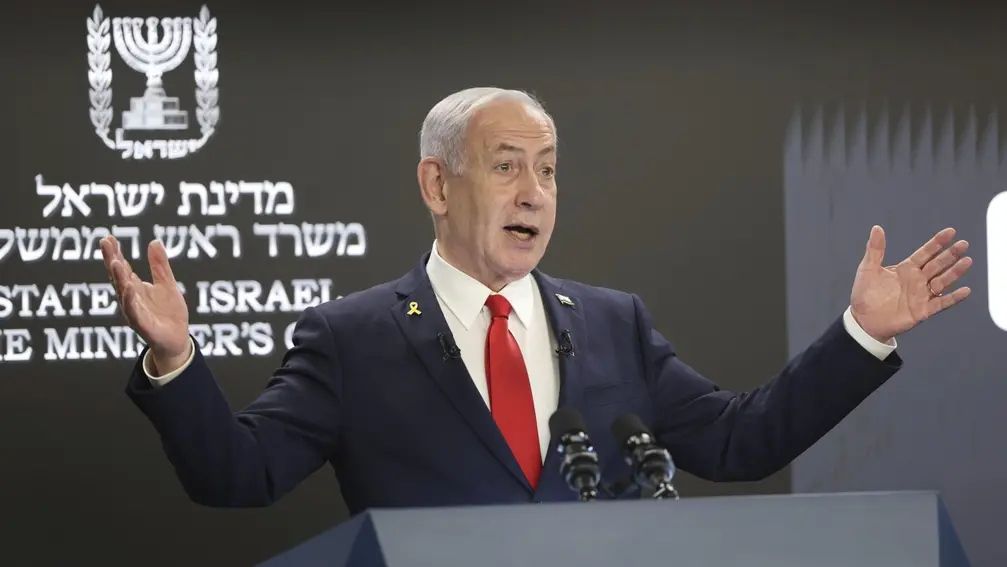T4K3.news
Germany halts arms exports to Israel
Berlin freezes military shipments that could reach Gaza as reports surface of a plan to occupy the territory.
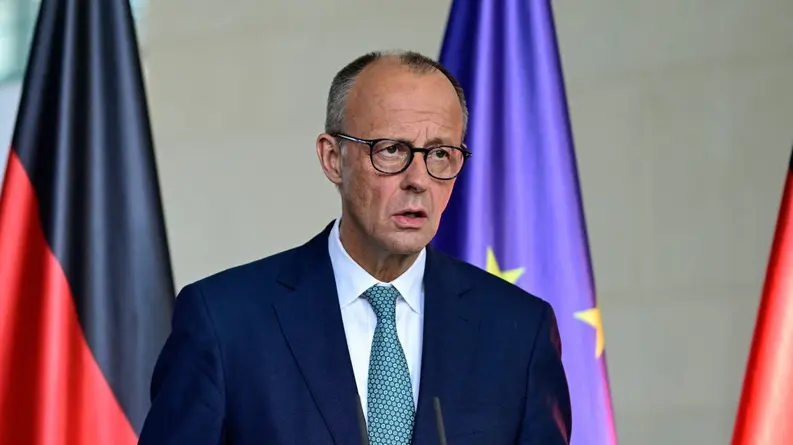
Berlin freezes arms exports that could be used in Gaza as reports surface of a plan to fully occupy the territory.
Germany halts military exports to Israel amid Gaza plan
Germany has paused exports of military equipment that could be used in the Gaza Strip, effective immediately and until further notice. Chancellor Friedrich Merz said the move reflects concern for Gaza’s civilians as Israel contemplates a major operation in the enclave. Berlin’s stance comes after Israeli media reported that the security cabinet approved a plan to occupy Gaza.
Germany is Israel’s second largest supplier of arms after the United States. The decision follows those reports and adds to a broader debate in Europe about how to respond to the Gaza crisis while counting the costs for security and diplomacy. UN experts welcomed the move as overdue and urged Berlin to use its influence to push for a ceasefire and withdrawal. SIPRI data show 2023 arms exports to Israel were substantial, highlighting Germany’s role in the region’s arms market.
Key Takeaways
"Under these circumstances, the German government will not approve any exports of military equipment that could be used in the Gaza Strip until further notice."
Merz announces the export freeze
"Germany must also use its special influence with Israel to compel an immediate ceasefire and withdrawal from Gaza."
UN expert Ben Saul on Berlin’s duty
"Long overdue."
Saul welcomes the decision
The step signals a readiness to link arms policy to humanitarian and legal concerns, staking out a middle ground between alliance loyalty and domestic pressure for restraint. It also tests Germany’s ability to influence security choices in an era of intense regional volatility. Berlin must navigate a delicate balance: preserving its security relationship with Israel and its role in EU diplomacy while facing criticism from rights advocates and questions about the legality of ongoing arms transfers. The ICJ advisory opinion from 2024 adds legal gravity to calls for restraint and for third states to refrain from supporting occupation.
Highlights
- Principles over profits in a time of conflict
- Influence must translate into action for peace
- Arms choices send a clear signal to allies and rivals
- Berlin is balancing security with humanitarian concerns
Political and humanitarian risk tied to arms export pause
The export pause heightens political sensitivity with Israel and some EU partners, risks criticism from defense circles, and could affect Germany's diplomatic leverage. Public reaction may be divided as legal and economic implications unfold.
The choices Berlin makes will test the limits of alliance, law, and moral responsibility.
Enjoyed this? Let your friends know!
Related News
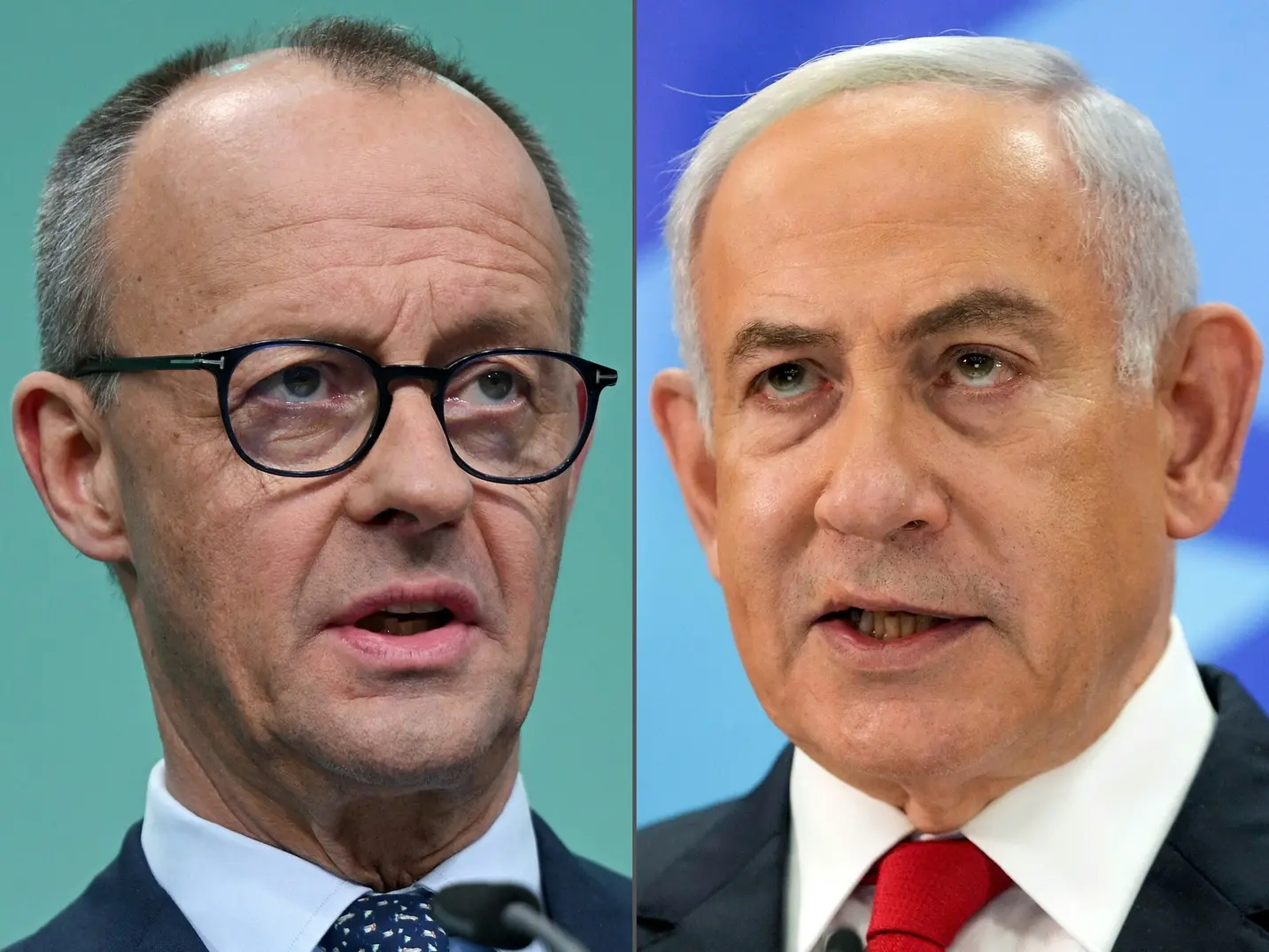
Germany halts offensive arms sales to Israel

Germany halts Gaza related arms exports to Israel

Global condemnation rises over Gaza escalation
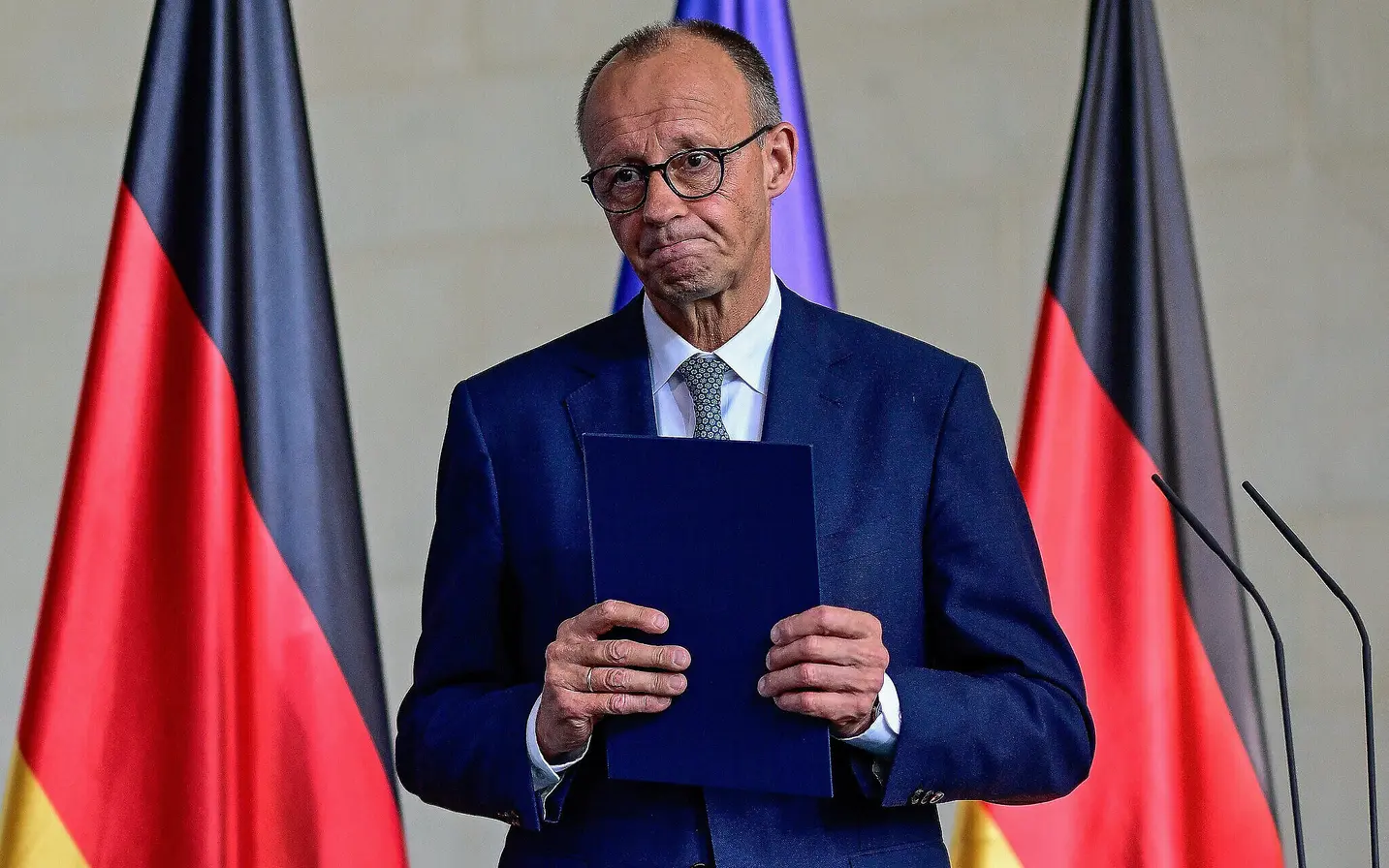
Germany suspends arms exports to Israel over Gaza plan

Germany pauses arms exports to Israel

Israel plans Gaza City takeover draws international outrage

Protests Grow as Israel Debates Gaza War Expansion
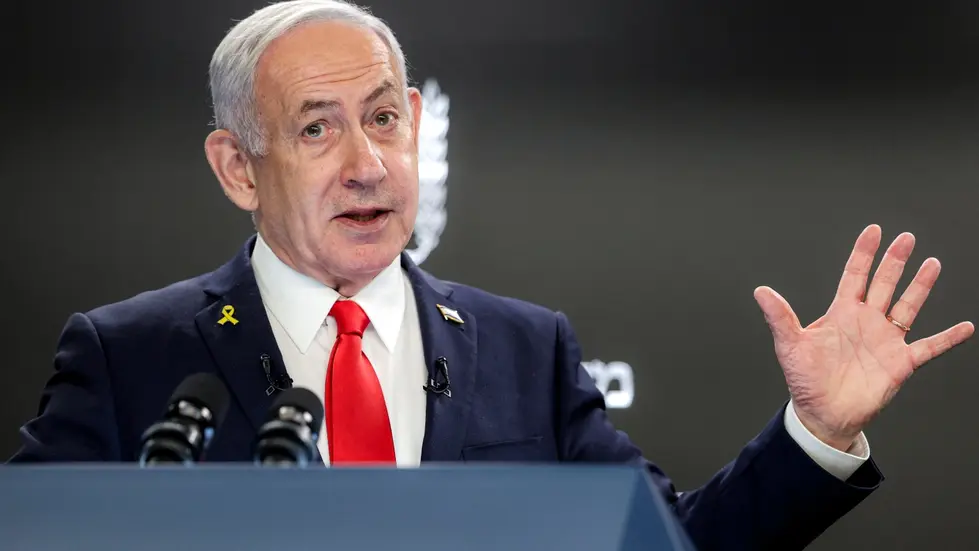
Gaza City plan faces global backlash
